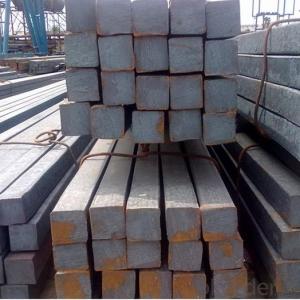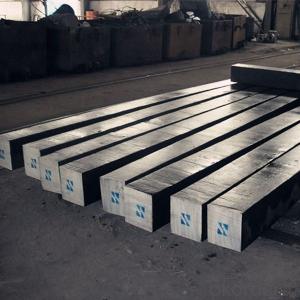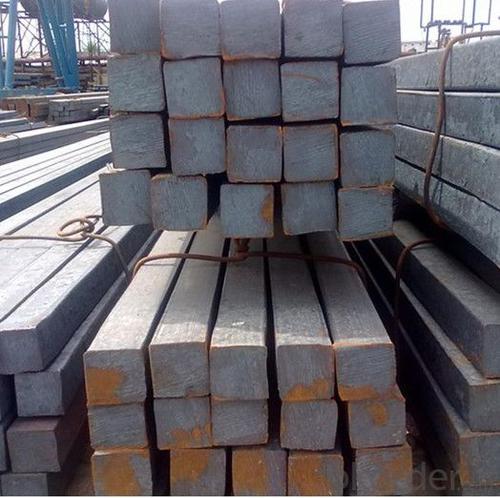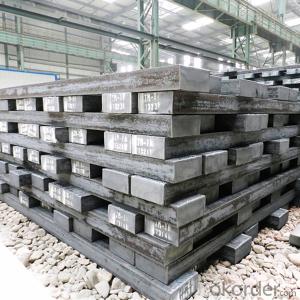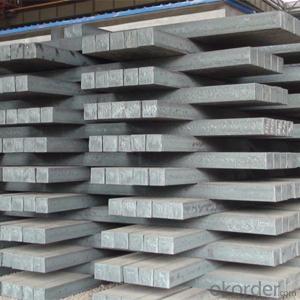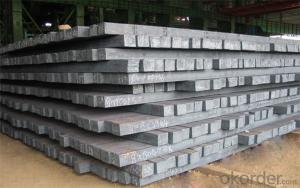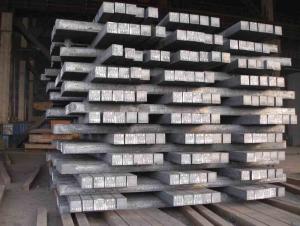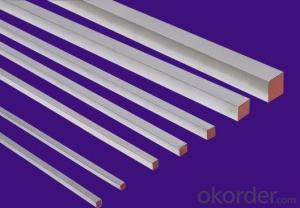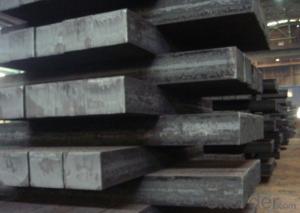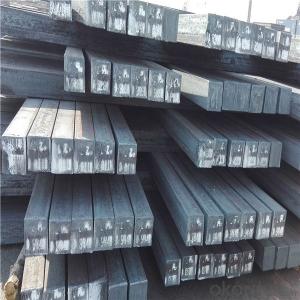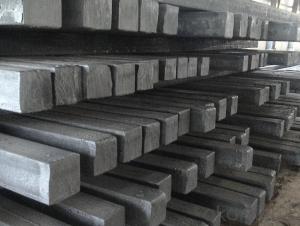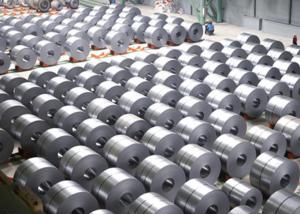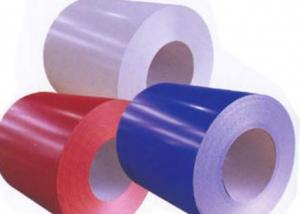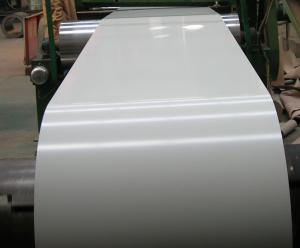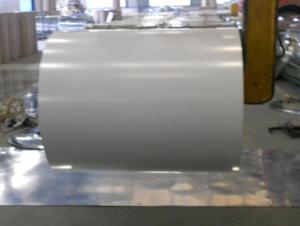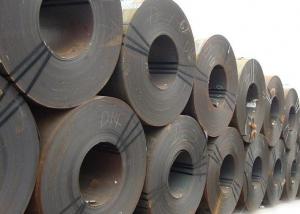Prime Mild Square Steel Billet/Billets/Square Billet Steel
- Loading Port:
- China main port
- Payment Terms:
- TT OR LC
- Min Order Qty:
- 20 m.t.
- Supply Capability:
- 10000 m.t./month
OKorder Service Pledge
OKorder Financial Service
You Might Also Like
Specification
Speciation
Standard: ASTM,GB,EN,BS,ect
Grade: Q195/215/235/345/45#/3SP/5SP,Gr60,20MnSi,ect
Application: Carbon structural steel, alloy structural steel, gear steel, spring steel,
bearing steel, etc.
Packaging Detail: exporting standard packing in mill or as request
Delivery Detail: 15—20 days after you order
Product Show
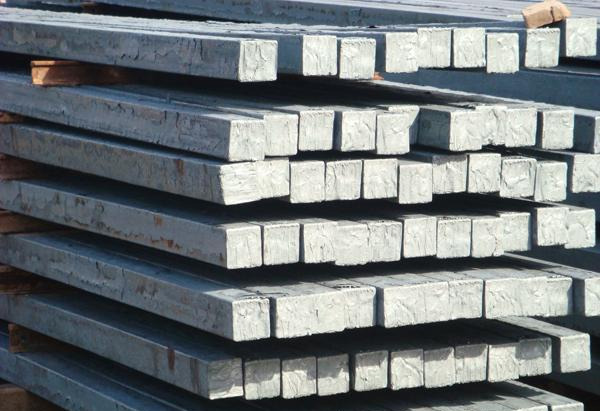
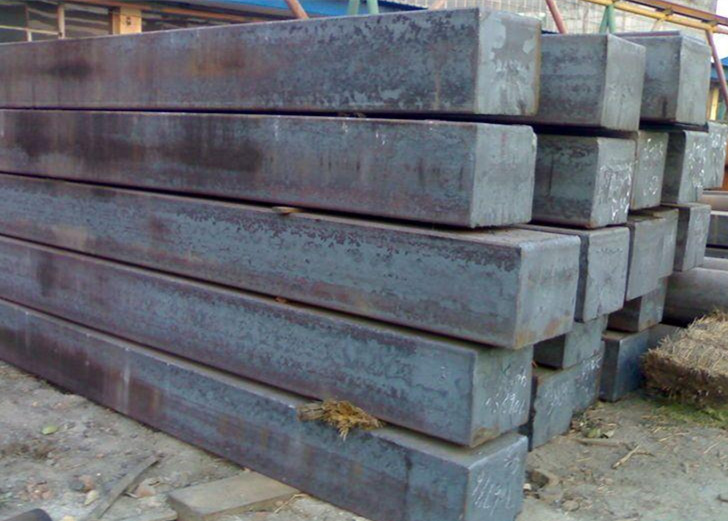
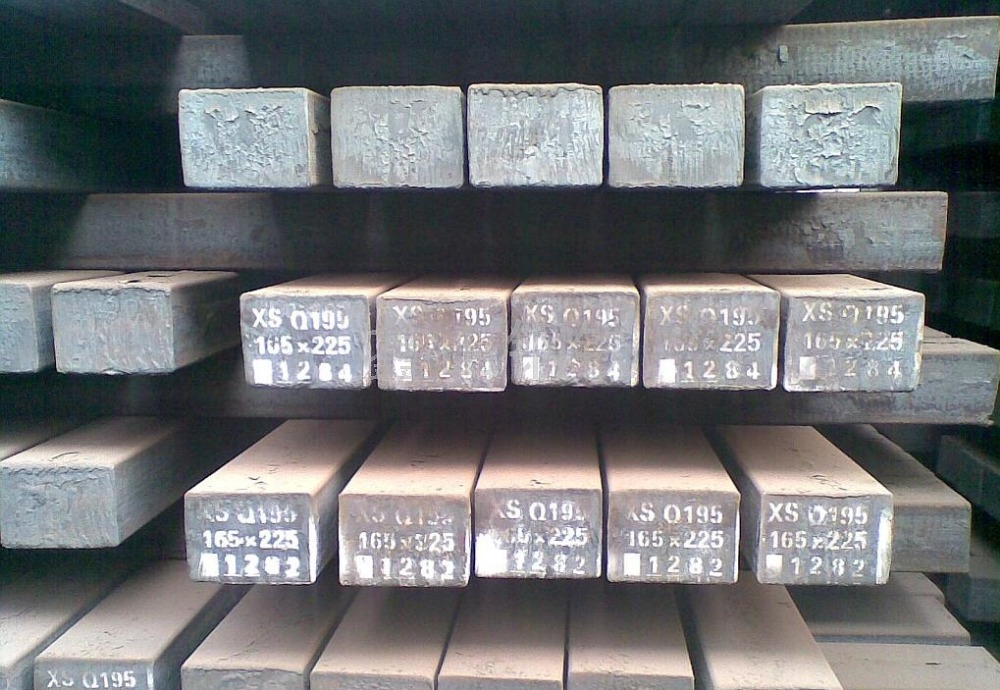
Application
The Billets produced by the company can be broadly divided into three main types i.e.
1. M.S. Billets
2. CRS Billets
3. Special Alloy Billets
M.S. Billets are used for rolling of TMT Re-Bars of Fe415 and Fe500 Grade and
various other structural steel products.
CRS Billets are used for rolling of CRS TMT Re-Bars.
Special Alloy Billets are used for rolling of any special grade TMT Re-Bars like
Earthquake resistant TMT Re-Bars and for special grade structural steel products.
Product Process
\
STANDARD | C(%) | Mn(%) | S(%) | P(%) | Si(%) |
Q195 | ≤0.12 | ≤0.50 | ≤0.040 | ≤0.035 | ≤0.30 |
Q235 | ≤0.20 | ≤1.40 | ≤0.045 | ≤0.045 | ≤0.35 |
Q275 | ≤0.22 | ≤1.50 | ≤0.045 | ≤0.045 | ≤0.35 |
20MnSi | 0.17-0.25 | 1.2-1.6 | ≤0.050 | ≤0.050 | 0.40-0.80 |
3SP | 0.14-0.22 | 0.40-0.85 | ≤0.050 | ≤0.040 | 0.05-0.15 |
5SP | 0.28-0.37 | 0.50-1.00 | ≤0.050 | ≤0.040 | 0.15-0.30 |
Shipment
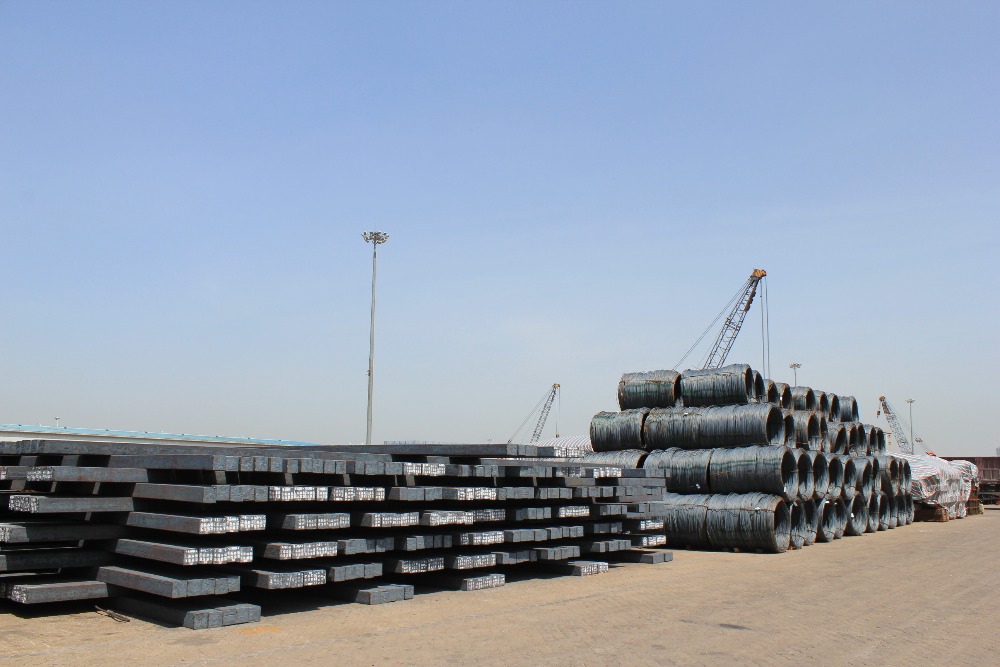
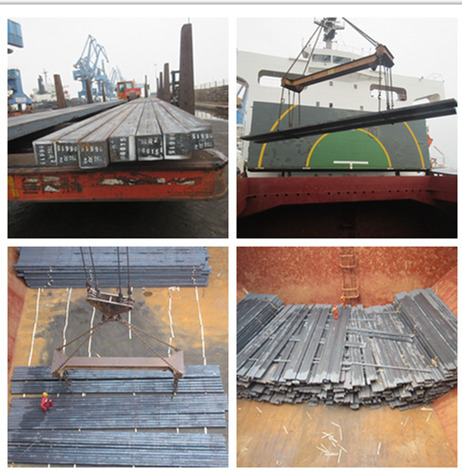
Our Service
Sample service
Sample service is available.The sample itself is cost free, but the clients who asked for the sample will be supposed to afford the delivery cost. For those clients who have already established business relation with us, even the delivery cost will be exempted.
Warranty
All the products will be supplied according to the detailed requirements claimed by the clients, including the quantity, the specification, as well as the quality etc. It is strongly suggested that appointa third party, such as SGS, to precheck the goods when they are well prepared for shipping.
After Service
After Service is always taken as one of the most important links.To enjoy this service, the clients' claim must be promptly reported to us, with all necessary information, including the order number, copy of the stamped sales contract, inspection report etc. Also, We should be given a reasonable period for inspection and verification.
- Q: How does steel plate rolling work?
- Steel plate rolling is a metalworking process that involves passing a heated metal plate through a set of rollers to shape it into a desired form. The rollers apply pressure to the plate, gradually bending it until the desired curvature is achieved. This process allows for the production of various steel plate products used in construction, manufacturing, and other industries.
- Q: What are the different types of steel beams?
- There are several different types of steel beams, including I-beams, H-beams, W-beams, and channel beams. Each type of beam has its own specific shape and dimensions, making them suitable for different structural applications.
- Q: What are the applications of steel mesh?
- Steel mesh has a wide range of applications in various industries and settings. It is commonly used in construction as reinforcement in concrete structures, providing strength and durability. Steel mesh is also utilized in the manufacturing of fencing, gates, and barriers for security purposes. It is employed in the automotive industry for seat frames, airbag deployment, and radiator grills. Additionally, steel mesh finds applications in filtration systems, animal enclosures, and even artistic installations.
- Q: What are the different types of steel products used in the energy sector?
- There are various types of steel products used in the energy sector, including pipes, tubes, plates, and structural steel. These products are commonly used in the construction of oil and gas pipelines, power plants, offshore platforms, and renewable energy infrastructure. The specific grade and composition of steel used may vary depending on the requirements of each application, such as corrosion resistance, high temperature stability, or strength.
- Q: How is steel used in the production of electrical transformers?
- Steel is used in the production of electrical transformers to provide structural support and magnetic properties necessary for efficient power transmission. It forms the core of the transformer, allowing the magnetic field to be created and transferred to the secondary winding, enabling the transformation of electrical energy.
- Q: How are steel pipes used in the transportation of chemicals?
- Steel pipes are commonly used in the transportation of chemicals due to their durability and resistance to corrosion. They provide a safe and efficient means of transporting various types of chemicals, including corrosive substances, acids, and gases. The steel pipes are designed to withstand high pressure and temperature, ensuring the integrity of the chemical transportation process. Additionally, steel pipes can be easily welded and connected, allowing for seamless connections and minimizing the risk of leaks or spills during transportation.
- Q: What are the applications of steel plates?
- Steel plates have a wide range of applications, including construction of buildings, bridges, and roads, manufacturing of machinery and equipment, shipbuilding, and automotive industry. Additionally, they are used in the energy sector for building power plants and pipelines, as well as in the aerospace industry for manufacturing aircraft components.
- Q: How does steel pipe welding work?
- Steel pipe welding works by using heat to melt the edges of the pipes, creating a molten pool. A filler material is then added to the pool, which fuses the edges of the pipes together when it cools and solidifies. This process, known as fusion welding, creates a strong and durable bond between the pipes, ensuring a secure and leak-proof connection.
- Q: What are the different types of steel wire ropes and their uses in offshore drilling operations?
- There are several types of steel wire ropes commonly used in offshore drilling operations. These include drilling lines, sandline cables, and guy wires. Drilling lines are heavy-duty wire ropes designed to support the weight of the drill string and transport drilling fluids. They are used to lower and raise the drill bit, as well as to rotate the drill string during drilling operations. Sandline cables, on the other hand, are lighter wire ropes used for well servicing and workover operations. They are primarily used to lower and retrieve equipment, such as pumps and tools, into and out of the wellbore. Lastly, guy wires are steel wire ropes used to support and stabilize offshore drilling platforms or structures. They help to counterbalance the weight and forces acting on the structure, ensuring stability and safety. Overall, steel wire ropes play a crucial role in offshore drilling operations, providing strength, durability, and reliability necessary for various tasks and applications.
- Q: How is steel used in the production of industrial boilers and pressure vessels?
- Steel is commonly used in the production of industrial boilers and pressure vessels due to its high strength and durability. It provides the structural integrity required to withstand high pressures and temperatures. Steel is used for constructing the shell, tubing, and other components of these systems, ensuring safety and efficiency in various industrial processes.
Send your message to us
Prime Mild Square Steel Billet/Billets/Square Billet Steel
- Loading Port:
- China main port
- Payment Terms:
- TT OR LC
- Min Order Qty:
- 20 m.t.
- Supply Capability:
- 10000 m.t./month
OKorder Service Pledge
OKorder Financial Service
Similar products
Hot products
Hot Searches
Related keywords
